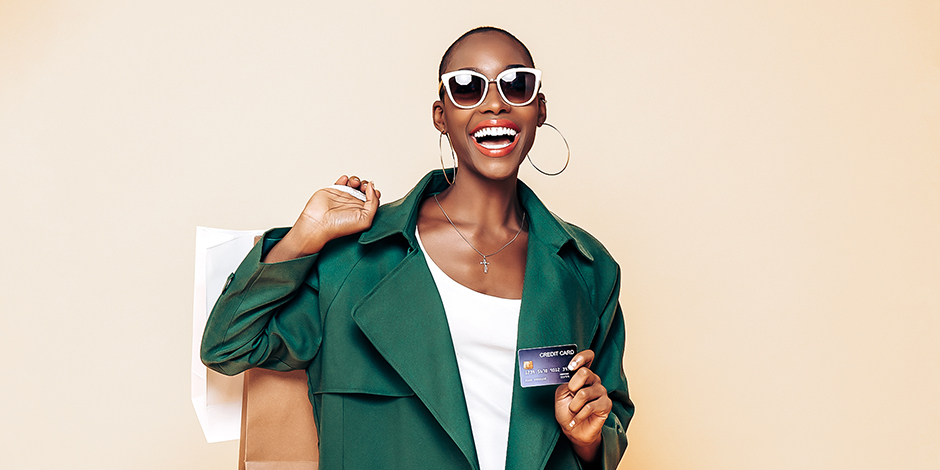Consumer sentiment has rebounded sharply, but the retail “vibe-cession” is likely to linger through 2024, which isn’t all bad news.
A year ago this June, the mood of the U.S. consumer was in the cellar, hitting a 70-year low, according to the widely followed University of Michigan Consumer Sentiment survey. The index has bounced back since then, from a rock bottom of 50 to the most recent reading of 76.5. (The highest reading was 111 in 2000, the peak of dot-com fever.)
Out of last year’s gloom, U.S. retail sales for 2023 managed to eke out a gain of 3.6%, roughly equal to the rate of inflation—the equivalent of treading water. But look at the 2023 earnings reports for some of the top 20 or so majors and an anomaly jumps out: only nine reported positive sales growth, but 16 reported gross margin improvement. Higher prices are helping, along with more efficient post-Covid supply-chain and inventory controls.
By all accounts, the coming year looks like more of the same albeit a bit more uneventful at the onset – which is good news. The National Retail Federation is forecasting retail sales will increase in 2024 by 2.5% to 3.5%, likely in line with the inflation forecast.
Consumer sentiment may be out of the cellar, but today’s shopper is wary about the future, and becoming more savvy all the time—they’re looking for deals. That trend is why Nordstrom was able to report for 2023 that although its revenue fell 5.4%, it managed to produce a 12.5% increase in net earnings.
Nordstrom’s “banner” store sales were down, but at the company’s off-price brand, Nordstrom Rack, revenue surged by 14.6%. The Rack fleet was 258 stores at the end of the 2023 fiscal year (ended Feb. 3). The brand is doing so well the company said it plans to open 26 more this year.
The state of the consumer has been trending toward optimism that has been tempered a bit by the lingering sting of inflation.
Nearly a quarter of respondents in the Michigan survey mentioned food prices, the most who did since July 2022 when inflation was near its peak.
While consumers expressed confidence about their personal finances, the survey found skepticism that the economy is finally on the upswing, and anxiety about the outcome of the presidential election.
This ambivalence among shoppers has a nickname: the “vibe-cession”.
“Consumer views have stabilized into a holding pattern,” according to Joanne Hsu, director of the Michigan consumer sentiment survey. “Many are withholding judgment about the trajectory of the economy, particularly in the long term, pending the results of this November’s election.”
A comparison of the rankings of the top 100 retailers by revenue seems to confirm the survey. Comparing the National Retail Federation’s annual ranking for 2023 versus 2022, those challenged include Wayfair among a few others. Aldi, the discount grocer, moved up. Tractor Supply, which we featured here recently as an example of how to build and grow a business by listening to customers and tapping into the do-it-yourself culture, jumped from 36 to 32.
Subscription Required.














